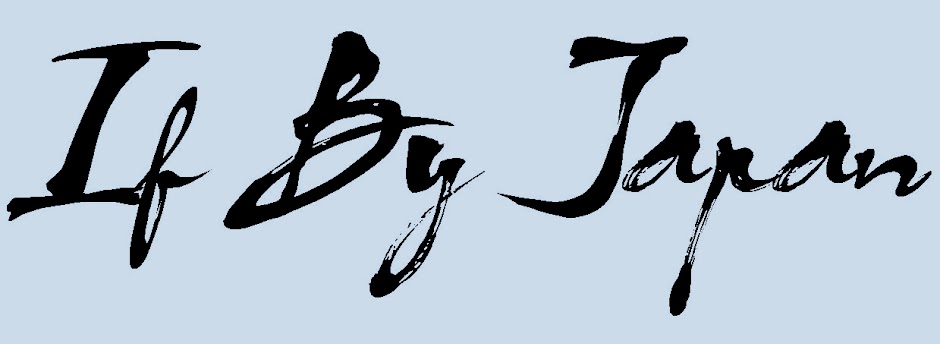
A lot can be written (and probably has been written) about the Japanese and their relationship towards robots and, from that, their relationships with each other. Time of Eve is a brief six-part anime series based in a future where robots and humans are distinguishable only by a holographic rotating disc over the head of each robot. The media of the time is full of stories about how terrible it is that some people are actually creating relationships with these robots, and the story shows many examples of people's indifference to the robots. Given that, the viewer has almost no option but to empathise with the robots as a class of underdogs, downtrodden yet noble.

In this scenario we find The Time Of Eve, a coffee shop in which robots are allowed to turn off their holographic identifier (an illegal act) and be treated the same as people in this one small space - an oasis in a desert of hostility. Two schoolboys stumble upon this place and find their prejudices against robots challenged - once their ability to immediately tell the difference between human and robot is removed they find themselves empathising with people who turn out to be robots, and fretting over the robot-ness or otherwise of other patrons.
There are many ways to interpret this programme. A treatise on racism, possibly. Or slavery, at a pinch. A comment on the rise of technology and its inevitable moral implications, of course. Perhaps even a commentary on people's need to anthropomorphise inanimate objects, since the two most touching episodes involve older, obsolete, clearly not-human robots yet people inevitably create bonds with them. How human do robots have to be before we start treating them as human? All these questions are deftly touched upon and more in this finely written series.

As an animation, it's beautiful. A seamless mix of hand and computer animation gives the world a clean solidity and yet also a softness and humanity that you don't often see together in animation. The series was broadcast over a long period, with just one episode every two months, indicating that the production company knew that it had something that people would wait for. And it was worth it. Certainly, its distinctive look and thought-provoking content mark it apart from most other series and make it essential watching for people who like their storylines to linger in the mind long after the programme has ended.







